Part One – Case Animal Diaries
We, the RSPCA Manchester & Salford Branch (a separately registered charity from the National RSPCA) are dedicated to admitting animals that the National RSPCA inspectorate team rescue (these are the people that come out when you call 0300 1234 999 to report an animal in need). Sometimes simply rehabilitating and rehoming rescued animals isn’t an option, either because the animal has suffered irreversible neglect or because they are not ‘ours’. In the latter instance we refer to them as ‘case animals’. Often these animals are removed by the Police and placed into our care whilst National RSPCA inspectors investigate their misfortune, compile a case for prosecution and see if court proceedings can commence.

We started admitting rabbits at the branch in 2008; we exclusively operated out of foster homes and private boarding until we opened our first ever animal centre in 2019 in a rented warehouse in Salford thanks to the bequest of two legacies. Nowadays the rabbit crisis is so profound that we rarely have less than 50 rabbits in our care, so we have to use all of the above housing options to cope with demand.
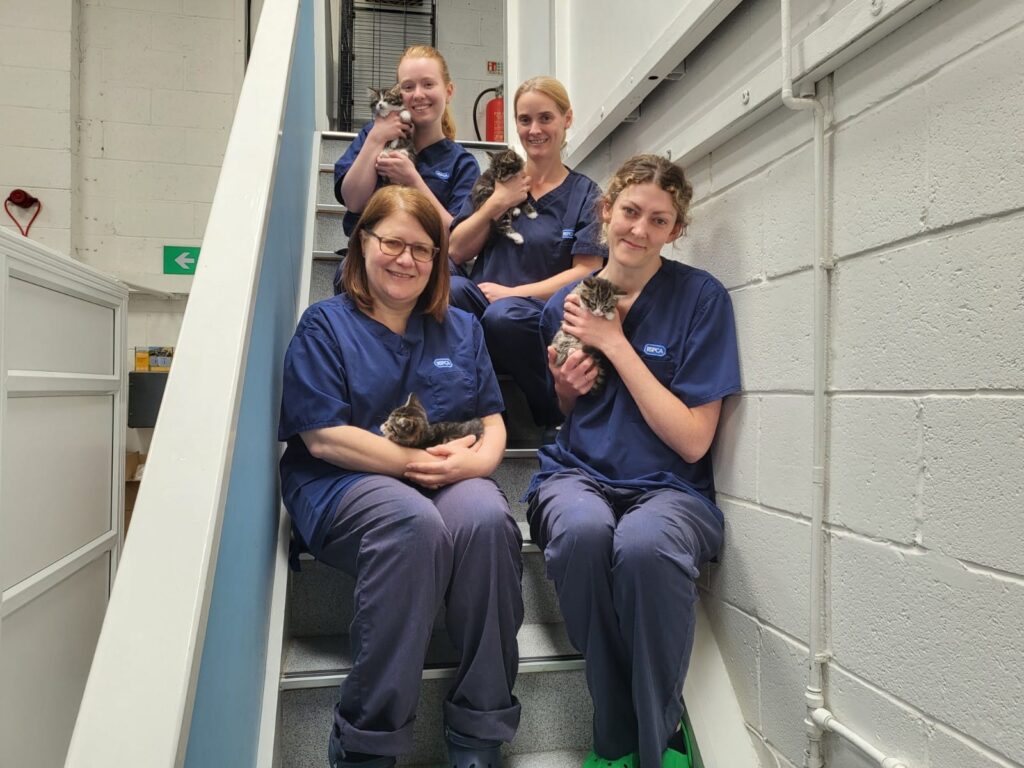
Looking after ‘case’ animals is quite different to ‘signed over’ animals. For a start, the law says you cannot do anything invasive to an animal without the permission of the owner. What we mean by invasive can be as simple as a blood test or more complex like surgery. If the owner will not consent, and the animal is deemed suffering, then it gets more complicated. Typically the Police have to be involved alongside the agreement of more than one vet to proceed with treatment, or if the animal is so unwell that to prolong euthanasia would be unlawful. A simple veterinary examination is permissible, but no further treatment is allowed unless it is preventative health care such as treating for parasites or vaccinating.
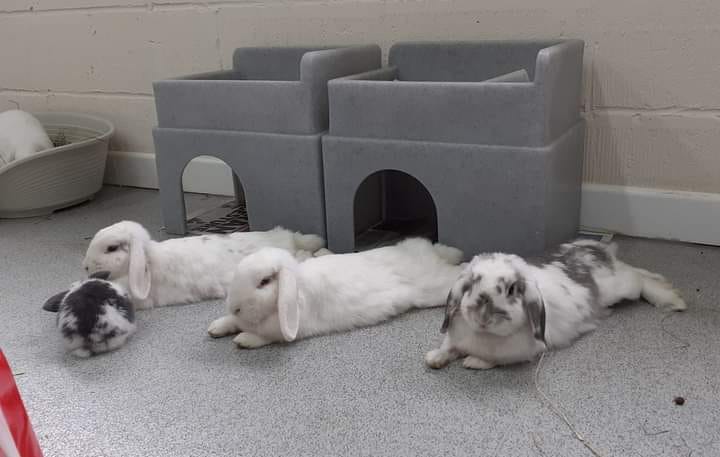
This sounds simple enough but rarely is, as typically the National RSPCA Inspector heading up the case has to seek permission, via the owner’s solicitor (if they have legal representation), and then we have to wait for the solicitor to make contact with their client. This can be drawn out and frustrating when you are used to acting swiftly with ‘signed over’ rabbits! It is even worse if the rabbit was abandoned because the owner is usually unknown, but we still have to ‘hold’ them from anywhere between 7 and 21 days.
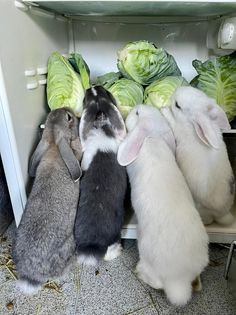
Our first real experience of ‘case’ rabbits came about in 2009, when a home of over 430 rabbits and guinea pigs was uncovered in a property in the North East. To say it was a baptism of fire is an understatement! The animals were all removed in one go, in their awful accommodation (such was the enormity and urgency of the situation) and were temporarily housed at a National RSPCA facility. Two of us travelled up with a van and baskets with the idea of taking away around 15 rabbits. Instead we came back with 27!

The rabbits remained in our care for over a year, as the owner refused to relinquish ownership of any of the animals and eventually escaped sentencing, for breaches of the Animal Welfare Act 2006, on a legal technicality. Ordinarily this would mean all the animals would have to go back to the owner, but on this occasion the volume was so great that only a limited number returned. My lasting memory of the case was not only the injustice but the depth of suffering. Many were Rex rabbits with the inevitable pododermatitis; Delphine being the worst case I have ever seen to this day. It must have been torture for her just to weight bear on her hind feet. Sadly, despite the best efforts of exotic vet specialists and her amazing foster mum, after many months of care she eventually had to be put to sleep.

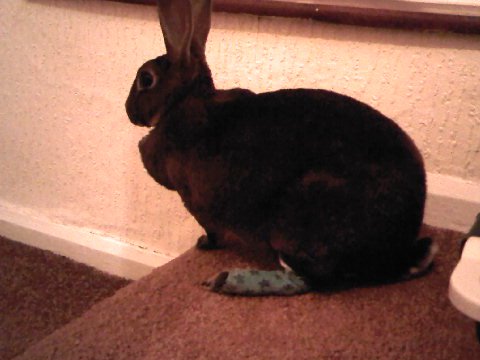

Roll on 12 years later and a case of 83 rabbits kept in unsuitable conditions in one home has recently concluded in court. Thankfully, this time, the judge ruled in our favour and all the rabbits were released for rehoming. We had 27 of the rabbits, including a group of 17 mums and their babies who had been found cramped in two cages put together. It was impossible to identify the individual families so we group housed them in a large room at the centre, which became dubbed ‘Craggy Island’ (see Father Ted for the reference). The bunnies were with us a total of 11 months, which meant we went through the ups and downs of puberty, fall outs, stress-related behavioural issues and inevitable dental issues (they were all interbred lop rabbits).
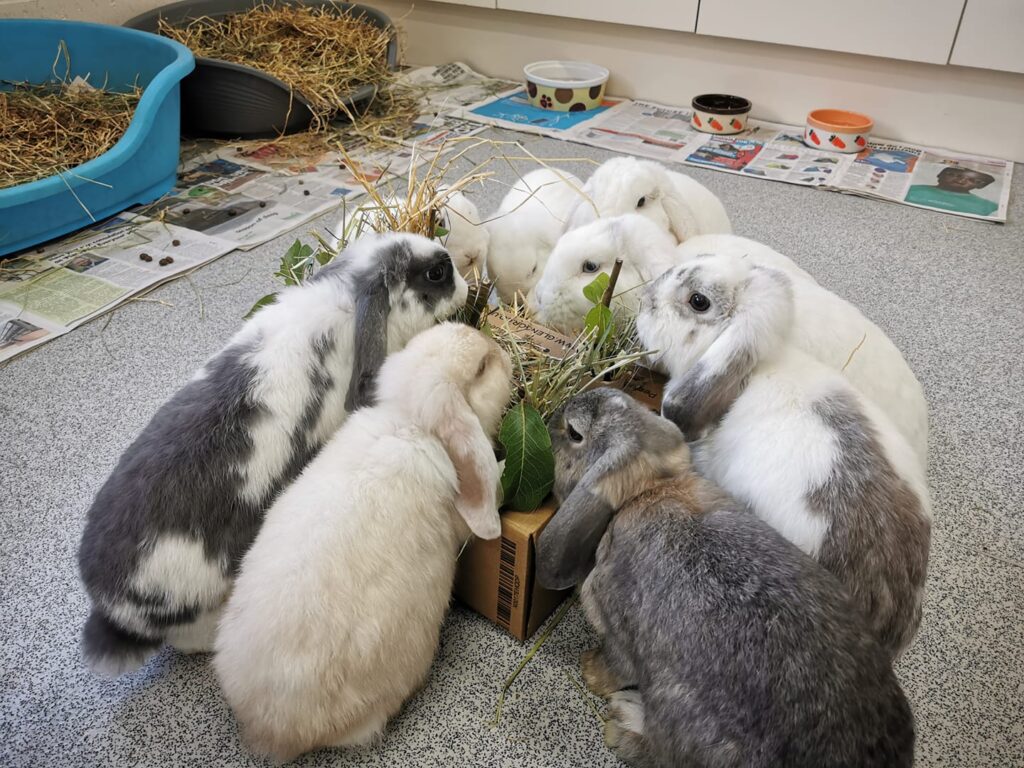
When you look after ‘case animals’ you have to hold in your mind at all times ‘they are not ours’. But this does not prevent any of us from falling in love with each and every one of the animals. Saying goodbye to them, regardless of whether it is for adoption or to be returned to the owner, is always bittersweet because you have formed such a strong attachment to them. Nonetheless we feel blessed to be there when they need us the most.
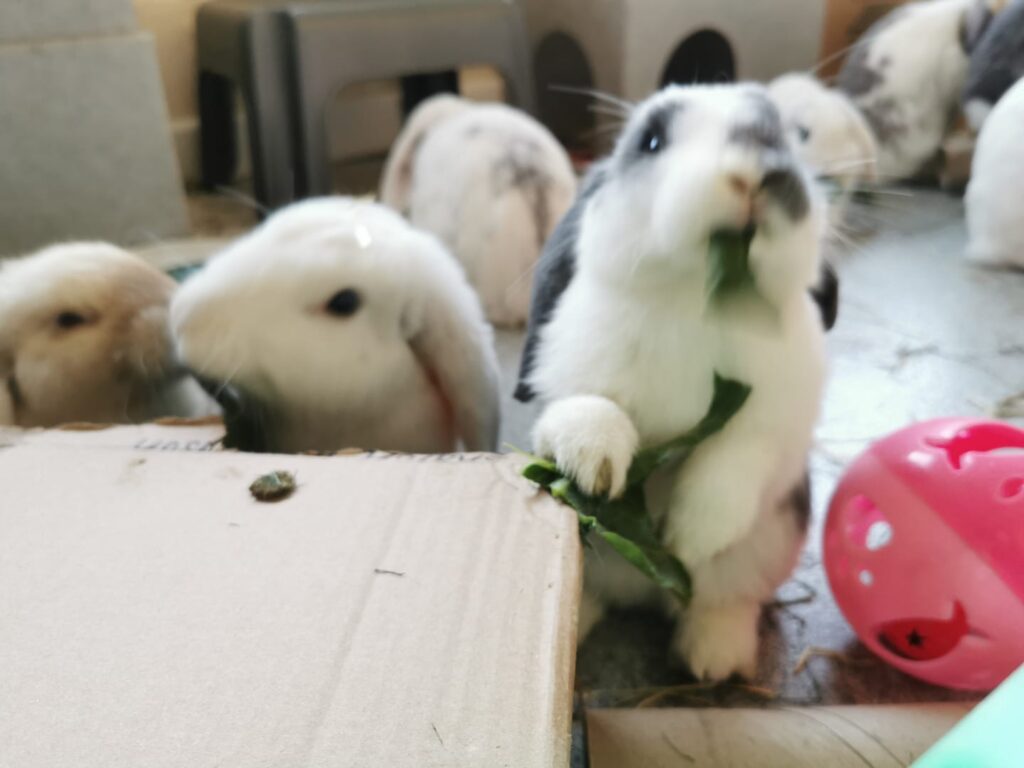
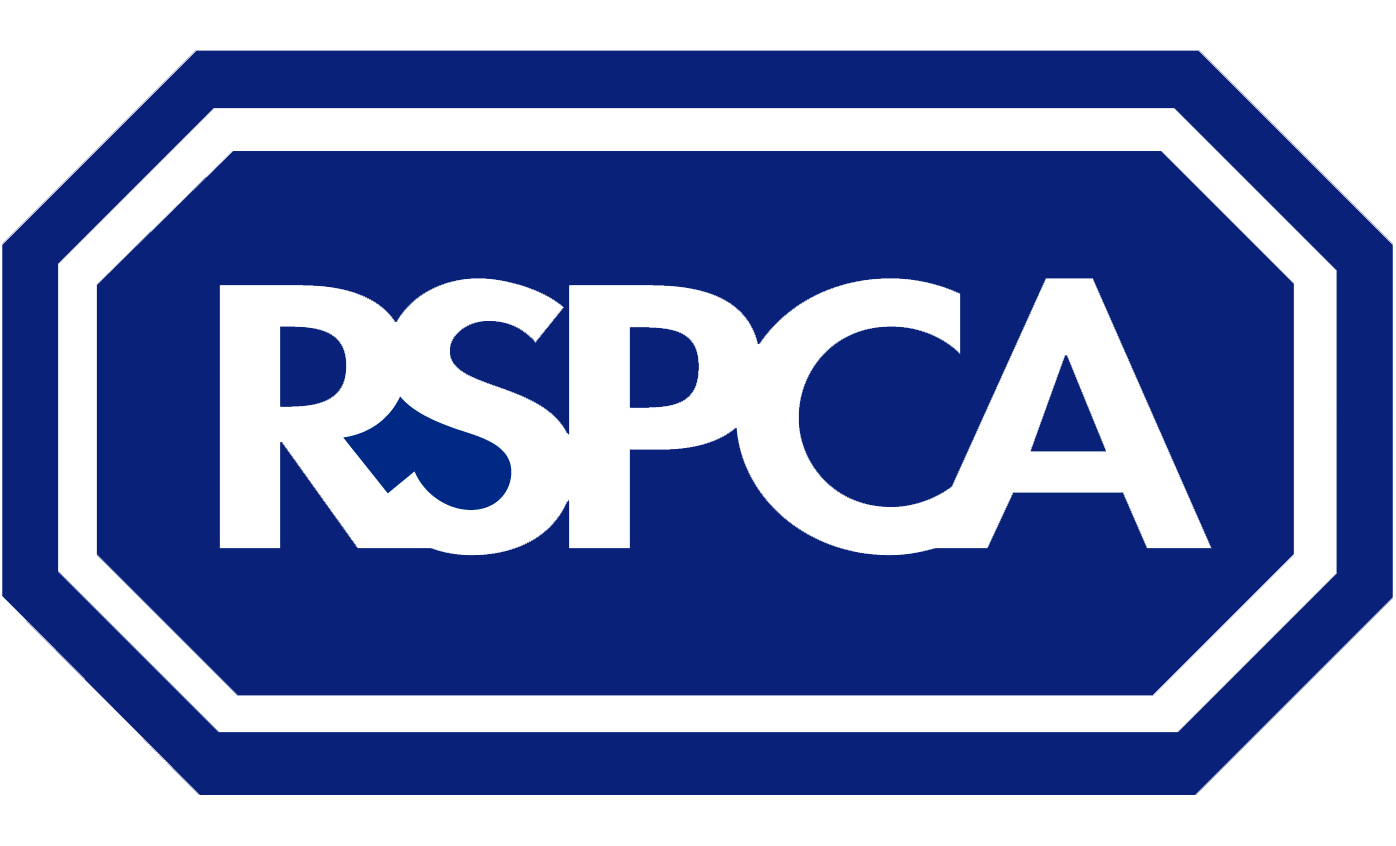
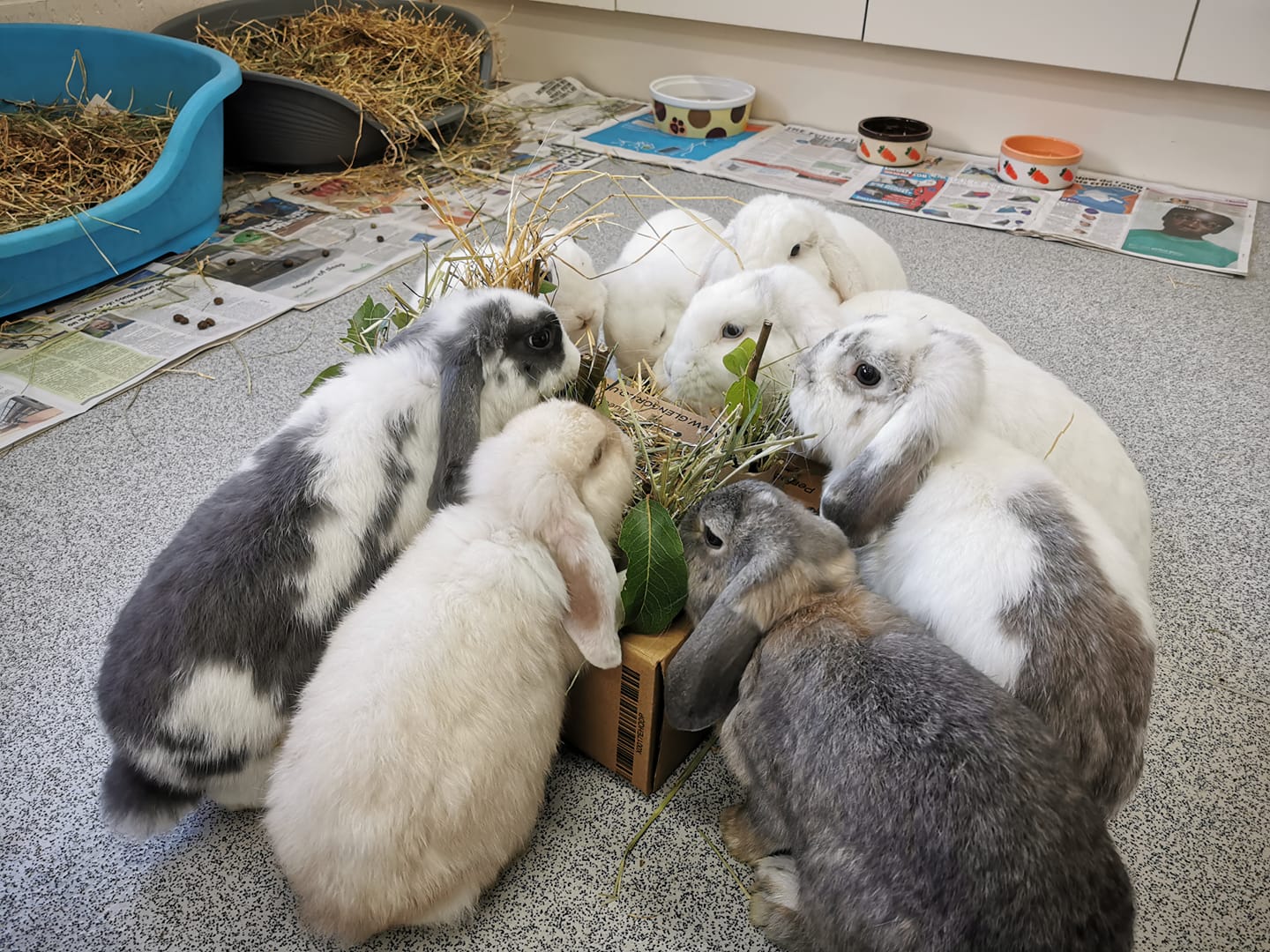

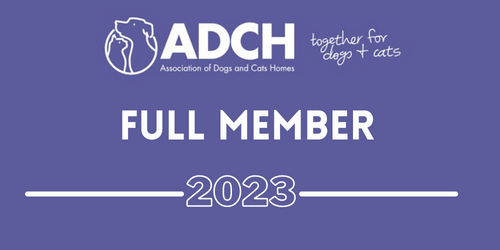
Comments are closed